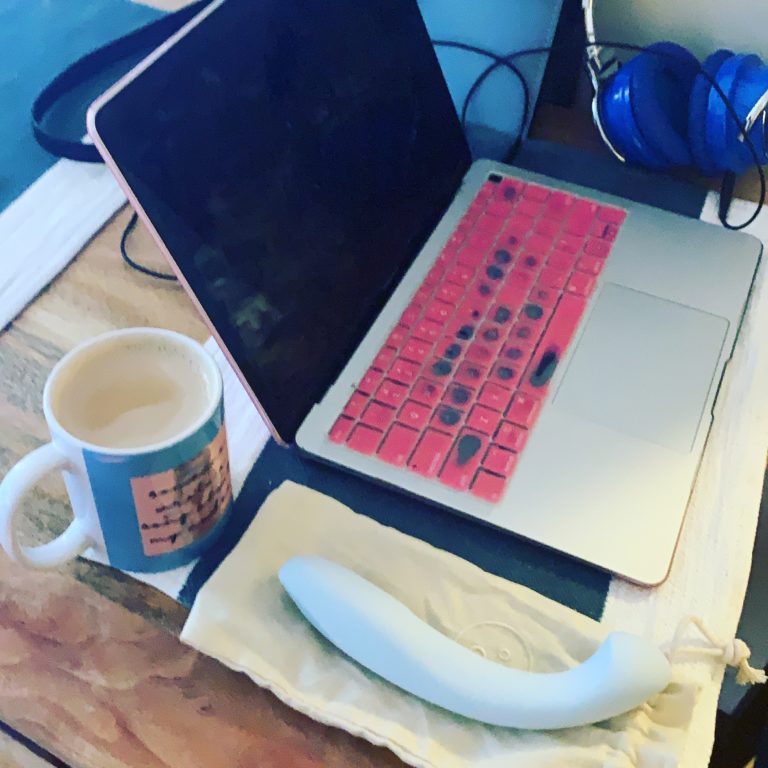
This is one of the questions I get asked most often about blogging, so I figured it was time to address it in more detail!
While I don’t know that I’d consider blogging my full-time job, for the past few years years it’s brought in about 45-65% of my total income. Here are the main avenues through which I make money from running this blog…
Sponsored content
This is the biggest aspect of what I do here, income generation-wise; sponsored posts brought in 44% of my total blog income in 2020. For the first couple years that I blogged here, I was very resistant to taking on sponsored post assignments – but then I started learning from the lovely ladies of the Blogcademy about what a good sponsored post can be. The best ones, IMO, are entertaining, valuable for readers, and written in your blog’s usual style/voice. After all, that’s what your readers are there for!
Usually, I get a fair amount of freedom to pick the topics and details of my sponsored posts – in part because I basically require this when negotiating deals with potential clients – so all I have to do that’s out of the ordinary is find a way to incorporate 1-3 specific links, with specific keywords, as per the client’s request. I love doing sponsored posts because they allow me to get paid for doing what I like best: writing for my audience, about (mostly) whatever the hell I feel like writing about!
(By the way, a lot of companies seem to think “sponsored post” and “guest post” are synonymous. I get many requests per week to repost someone else’s writing here, in exchange for a fee – but I started this blog because I love to write, not because I love to get paid to post other people’s content! So if someone refuses to let me write the post myself, I tell them we’re not a good fit and bid them adieu.)
Advertising
You might notice that there are some banner ads over there in my sidebar, and some text links toward the bottom. These aren’t huge moneymakers – mine made up about 20% of my total blog income last year – but that’s still nothing to sneeze at.
I have similar policies for ads as I do for sponsored content: they have to be relevant to my readership and in line with my ethics. I reserve the right to refuse ads that I consider sexist, homophobic, transphobic, etc., which thankfully hasn’t been much of a problem in the time that I’ve been blogging.
Affiliate commissions
Affiliate commissions made up about 35% of my total blog income last year. When I write about sex toys, I often (though not always) use affiliate links. That way, if a reader ends up buying a product through my link, I get a small kickback from that purchase (usually 15-20%) at no added cost to the customer. It’s essentially a way that toy-makers and retailers can incentivize writers to mention their products, and can reward them for doing so.
However, contrary to what some people think, this doesn’t necessarily mean that writers are lying about products when they use affiliate links! See, if I told you a product was great when it actually sucked, or if I wrote something I obviously didn’t actually believe, my readers would figure that out pretty quick and would stop trusting me – which, of course, would not be great for my continued ability to make a living in this field! I also have several affiliates who carry approximately a zillion different products, so there’s very little reason for me to link to a product I don’t like when I could just link to one I do like instead.
Consulting
While there are hundreds upon hundreds of blog posts’ worth of information on this site, I can’t answer every single specific question my readers may have. In some cases, they write to me to book a consulting session, so I can advise them (usually via email, sometimes via Skype/Zoom/etc.) on a specific problem they’re having in their life, related to sex, kink, relationships, or something else that I know a thing or two about.
I don’t take on too many of these clients these days because frankly I’m usually too overrun with other projects, but it is nice to be able to help folks from time to time.
Other writing assignments
I don’t count the income from non-blog writing when tallying up how much money my blog has made each year, because it is a separate thing – but in some cases, I wouldn’t have been offered an assignment if not for this blog!
Sometimes companies reach out wanting me to write for their on-site blog, or to do copywriting for their product pages. Sometimes editors at publications ask me to expand on a particular topic for their site, having seen me mention said topic here before. A couple times, commissioning editors at publishing houses have even reached out to ask me about writing books for them. “Exposure” isn’t good enough payment on its own, as any frustrated freelancer will tell you – but the exposure I get from this blog often gets me gigs that pay in actual money. Cool!
Fellow “pro bloggers,” where does the bulk of your income come from?
P.S. Want more posts like this? Check out the “writing” category of this site!
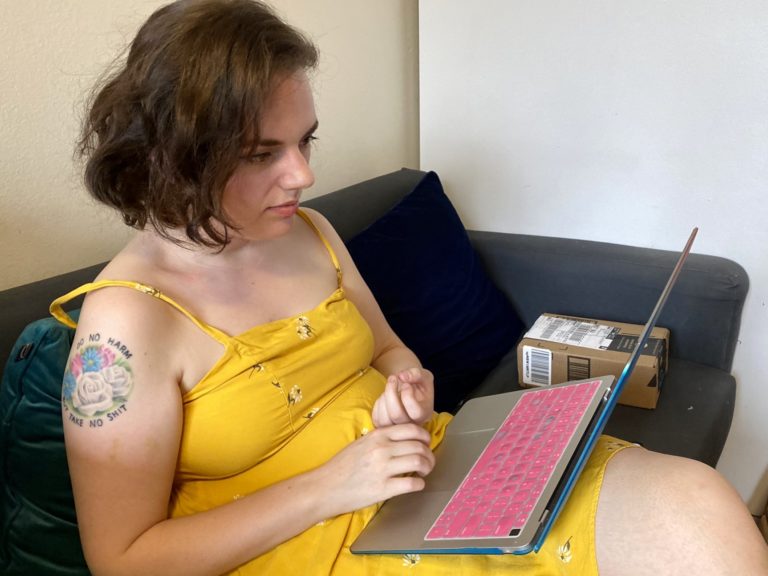
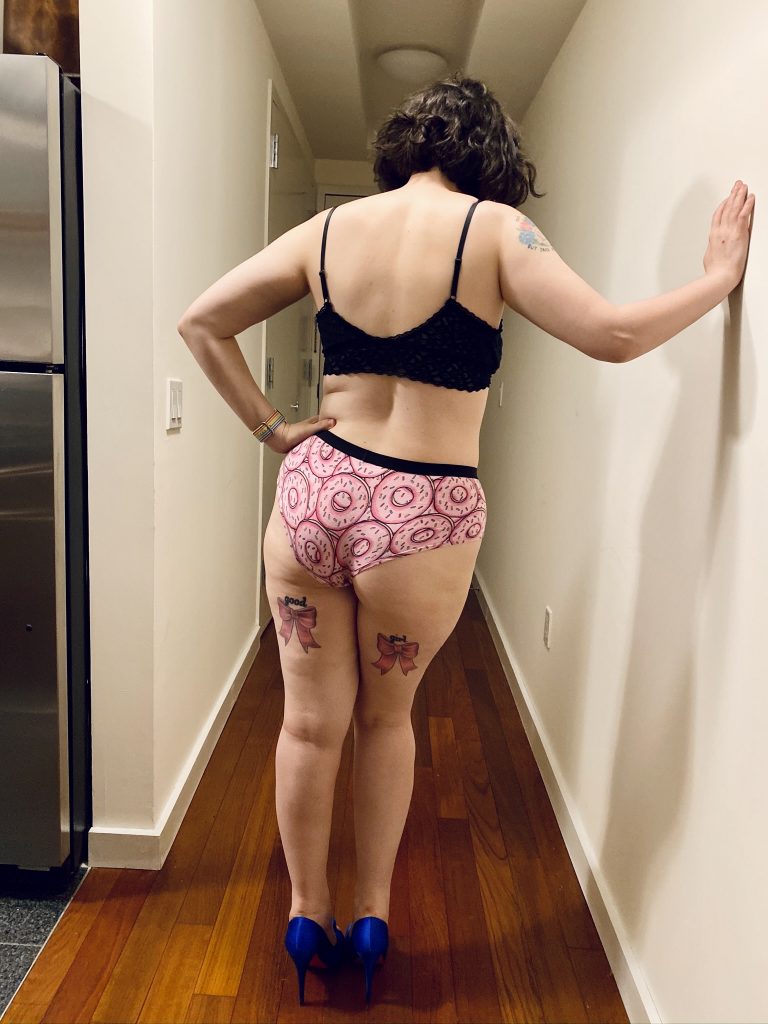 It seems like every creator of sexual content has a slightly different stance on dating and fucking their fans. I’ve known sex workers and porn stars who found the very idea laughable – but I’ve also known strippers and escorts who got into some of their most loving and healthy relationships with people who were originally their customers.
It seems like every creator of sexual content has a slightly different stance on dating and fucking their fans. I’ve known sex workers and porn stars who found the very idea laughable – but I’ve also known strippers and escorts who got into some of their most loving and healthy relationships with people who were originally their customers.
 SS: Seeing yourself from another angle, especially an angle of somebody who’s really into you or
SS: Seeing yourself from another angle, especially an angle of somebody who’s really into you or 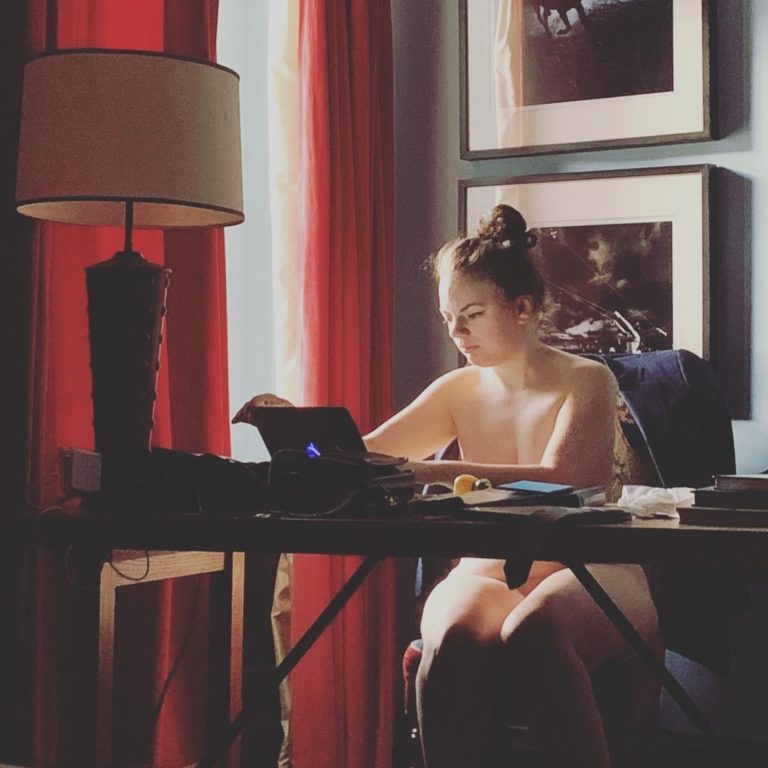
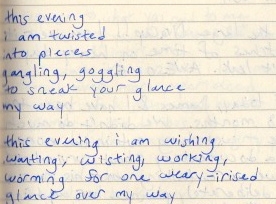 2009. My (hot, British) English teacher pulls me out of science class to tell me my recent essay for him was exemplary and that he wants to use it in future lessons. My glee cannot be quantified. That same year, I win first prize in a student poetry contest, and I get to read my
2009. My (hot, British) English teacher pulls me out of science class to tell me my recent essay for him was exemplary and that he wants to use it in future lessons. My glee cannot be quantified. That same year, I win first prize in a student poetry contest, and I get to read my 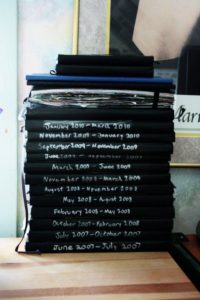 March 2012. I apply to a shitty retail job at a sex shop. I do some Googling about sex toys to make sure I know my shit incase they call me in for an interview – but they don’t. However, in the process, I discover sex toy reviewers like
March 2012. I apply to a shitty retail job at a sex shop. I do some Googling about sex toys to make sure I know my shit incase they call me in for an interview – but they don’t. However, in the process, I discover sex toy reviewers like  Early 2016. I do my final-semester internship at the Plaid Zebra, where they let me write about sexual health, social psychology, and
Early 2016. I do my final-semester internship at the Plaid Zebra, where they let me write about sexual health, social psychology, and  Early 2018. A Spanish newspaper calls me “the Canadian Bridget Jones.” At my boyfriend’s urging, I pitch a story to a dream publication of mine, Cosmo, and they say yes. When it goes up, my perfect brother
Early 2018. A Spanish newspaper calls me “the Canadian Bridget Jones.” At my boyfriend’s urging, I pitch a story to a dream publication of mine, Cosmo, and they say yes. When it goes up, my perfect brother